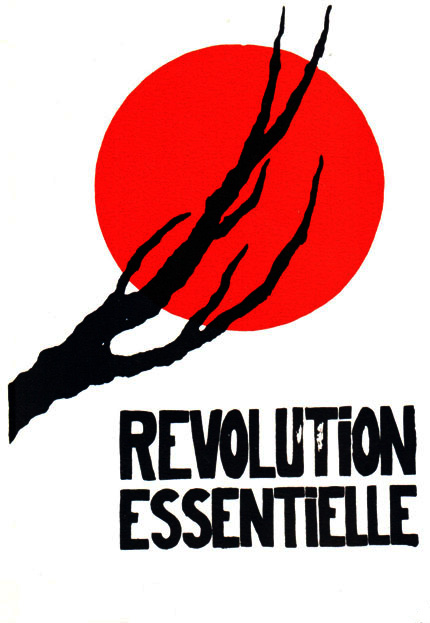
Green Boy came in last night before a game a ping pong. “Have you heard?”
I had not, and so he broke the news. He had just written an essay on the Steve Jobs last month for school, on someone you admire, and I could tell he was quite moved by the passing, though not enough to spare me any quarter at all in our ping pong match. But it was moving, refreshing in a way, to see him effected by this stranger’s passing. I see where today many millions feel the same. It’s a strange sort of collective response to individual experience. Here’s mine.
Just after Mrs. G and I tied the knot, as two writers with no money looking to quit our jobs and pursue something (else) absolutely foolhardy, one of the first things we did was to buy the Powerbook 165C, along with the Stylewriter II printer, which together cost an even fortune. Unbelievable. But our two other friends with laptops at that point swore by them, and so we dove in. I was oddly proud of the thing, though even then it really couldn’t do much. But I was getting it because of what I was convinced I could do. Hmm.
But on our subsequent move to New England to begin mostly unrelated though closely held literary pursuits, that thing was indispensable. A year later we moved to Europe with not a single thought of a backup or that the the pB would let us down in any way. And it didn’t. Always a Cadillac, in the kleenex sense of the word. I didn’t even know it was dual voltage and fretted needlessly over frying it. But never fear. Someone had thought of that. And if it wasn’t Jobs, it was somebody he saw at least once a month. I could go into the kids’ music/play room right now, pull the 165 out of its dusty bag under a desk and boot it up, and I’m sure it would turn on immediately. Offering (begging?) me the opportunity to contribute some further hewing to my oeuvre.
A couple of years later we upgraded with one of the limited edition graphite iBooks,which frankly looks hilarious but works like a charm. I could dig that one out and fire it up, as well. And it would work. Maybe that’s the point; I’ve kept these machines (not the printers) not because I still use them, but I’ve never really even thought of getting rid of them, which is maybe a nostalgic angle on sustainability, but… they still work and could if they were called into the ‘hot zone’ of my fiction haze. With a modem, I could even write this damn blog on ’em! Sure, we have MBpros and all now, desktops and fancy monitors. But the pattern was set back then with that use and, frankly, dependability of those machines not to let me down – even and especially if I didn’t (quite) know what I was doing (yet). I put five novels and a few plays into those things and gotten more than my share of joy/misery back out. And looking for more.
I can get as eye-rolly as anyone about their marketing techniques and Jobs’ amazing ability to create in us the need for something we did not know we needed. And I still don’t know what the iPad is for. BUT, the catch is that these tools – and they are only tools – are all quite amazing, and feel like they were developed by someone who loved them and loved to use them. As opposed to some entity that seemed to loathe the end-user (not mentiPoning any nCames). Of that, we can know Jobs was innocent. But I know his tools transformed my work life (carbons?) in ways that even I have seen change, and that were quite unimagined just a few decades previous. And for that I say Merci and R.I.P.





